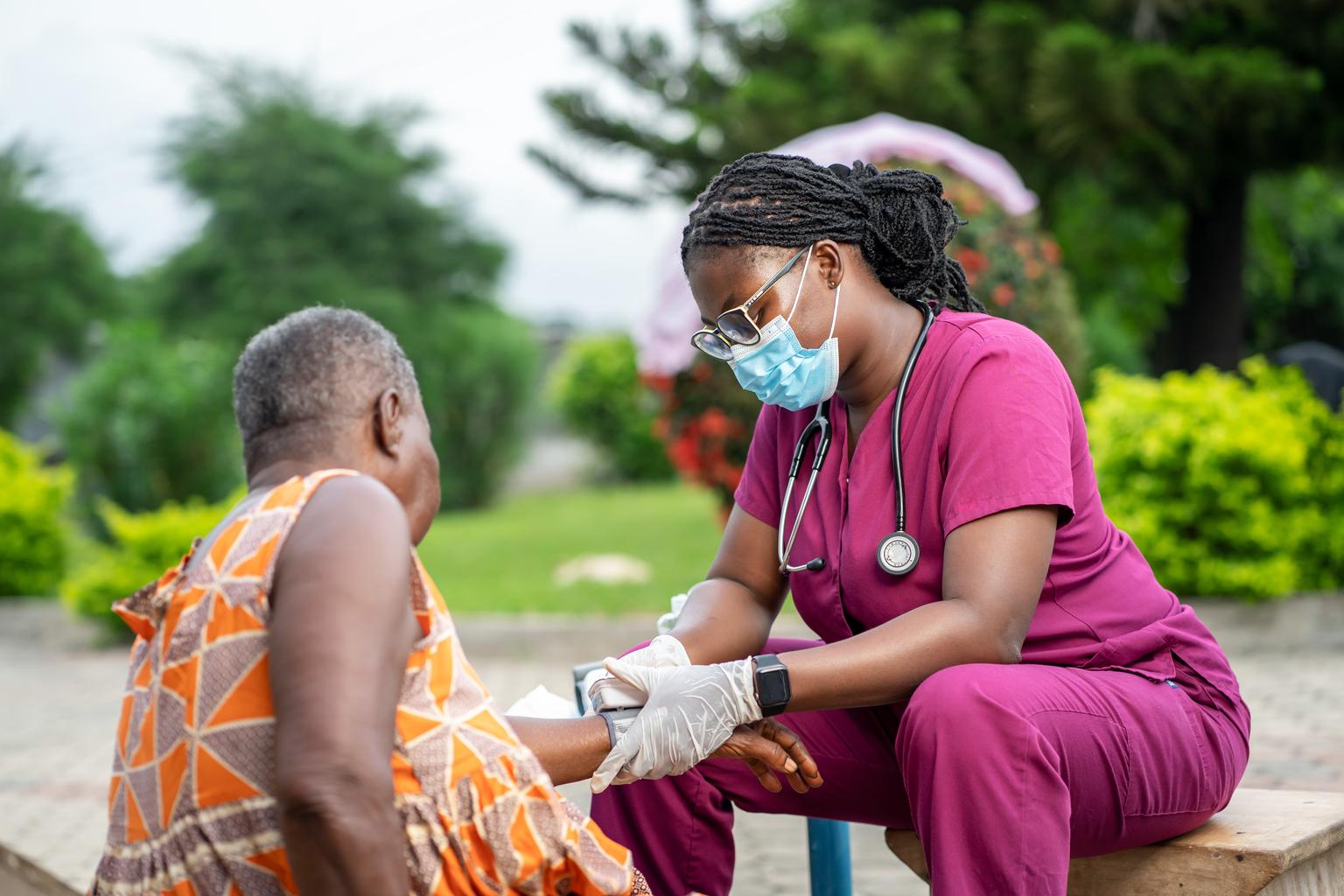If you’re a medical student considering choosing psychiatry for your specialty, it’s never too early to make connections and gain practical experience. This will help you confirm that psychiatry is right for you and make your residency application even more impressive.
From specialty-specific memberships to psychiatry shadowing, there are a number of ways to get experience in psychiatry.
Take advantage of the APA medical student membership
One of the best ways to get experience in psychiatry is to join the American Psychiatric Association (APA), which offers a special membership for medical students. This membership can help you in a number of ways:
- It provides access to the latest research in the field through both the American Journal of Psychiatry and Psychiatric News.
- You'll be able to attend the APA Annual Meeting, which includes mentoring, network and career development sessions as well as a poster contest through which medical students can share their research at the meeting.
- It gives you online access to a directory of summer jobs and fellowship opportunities which can enhance your application when you're applying for residency.
Participate in PsychSIGN
The APA isn't the only membership you should consider. PsychSIGN — the Psychiatry Student Interest Group Network — is an international group of medical students with an interest in psychiatry. This group helps connect students with residents and practicing psychiatrists so members can learn about current research and job openings in psychiatry as well as find a mentor.
PsychSIGN hosts a wide variety of events and conferences and also provides scholarships and funding.
Explore psychiatry electives and sub-internships
According to the APA's Roadmap to Psychiatric Residency, electives and sub-internships in your medical school are another effective way for those considering choosing psychiatry to increase their experience in the field. Start preparing for this during the spring of your clerkship year, when you meet with your adviser to plan for your MS4. Electives in psychiatry are a great way to gain experience and explore subspecialties within the field, such as child psychiatry or sleep medicine.
While they're not offered by all medical programs, sub-internships are also a great way to gain clinical experience. By participating in one, you'll be able to see if psychiatry is truly the right field for you, and it will connect you with those who will be able to write your all-important letters of recommendation when you apply for residency.
Volunteer in the field
Volunteer work is another great way to gain hands-on clinical experience in psychiatry while building up your resume. Volunteering will give you a more realistic sense of what it's like to work in the field from day to day, which will make it easier for you to see if this specialty is right for you. It also gives you the chance to network with people who have similar interests and build relationships with those already in psychiatric practice.
One example of this kind of program is the Columbia University Department of Psychiatry Volunteer Program, but there are various similar opportunities across the country.
Specializing in psychiatry
While deciding what specialty to choose can be tricky, you have a number of options for getting your foot in the door. Any of the strategies mentioned above will help you evaluate whether your decision to specialize in psychiatry was the right one and build your residency application.





